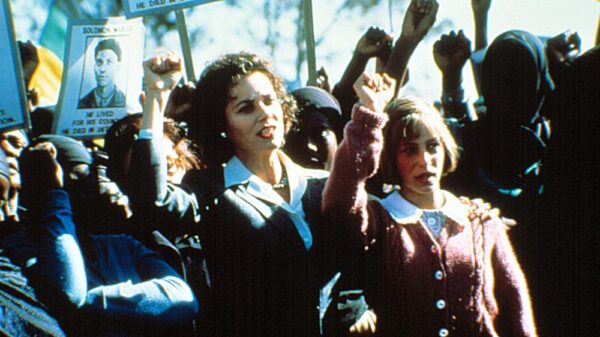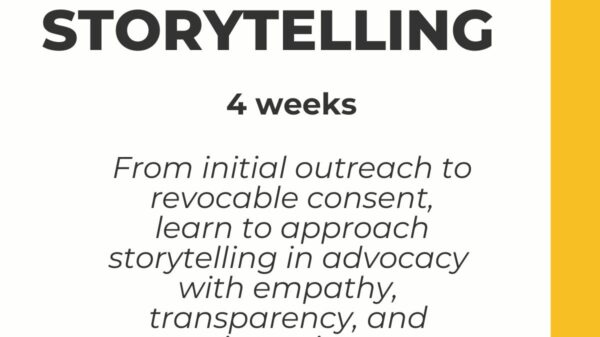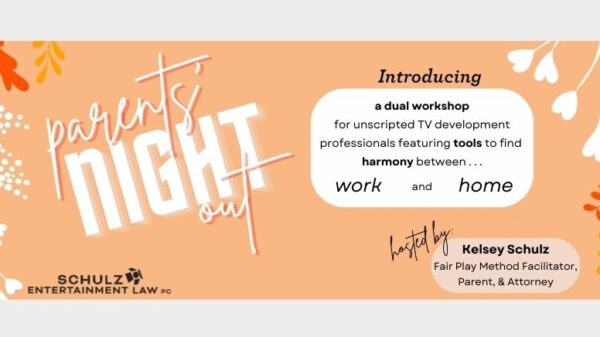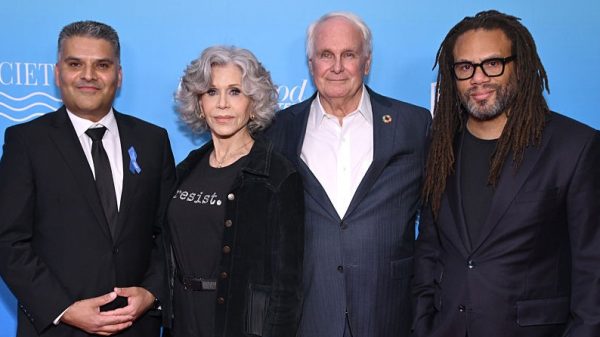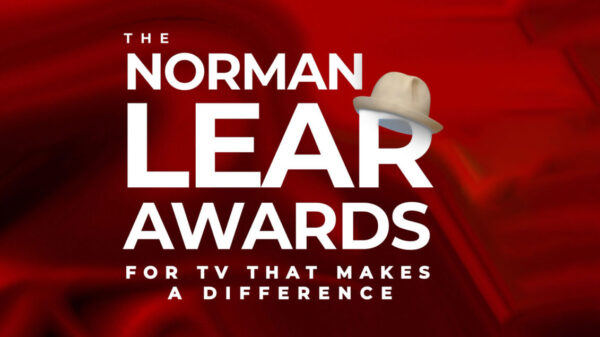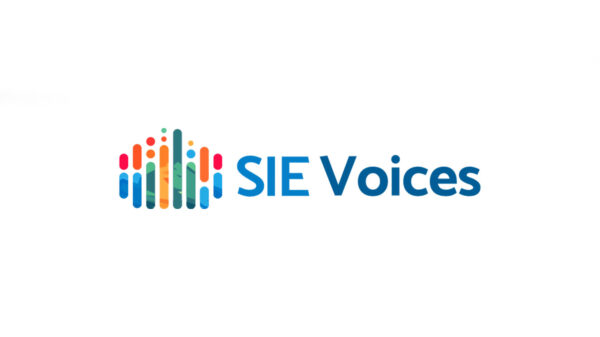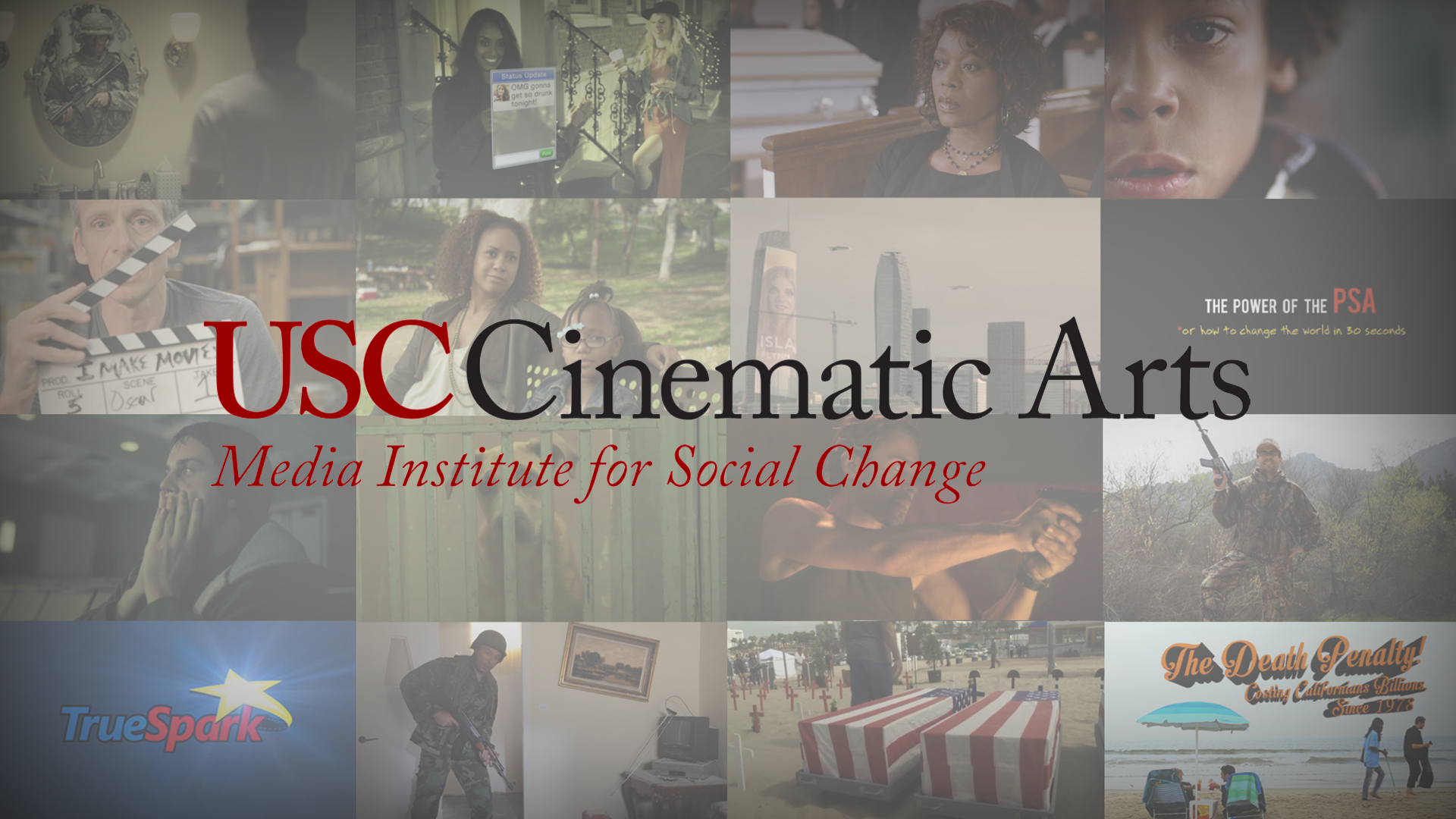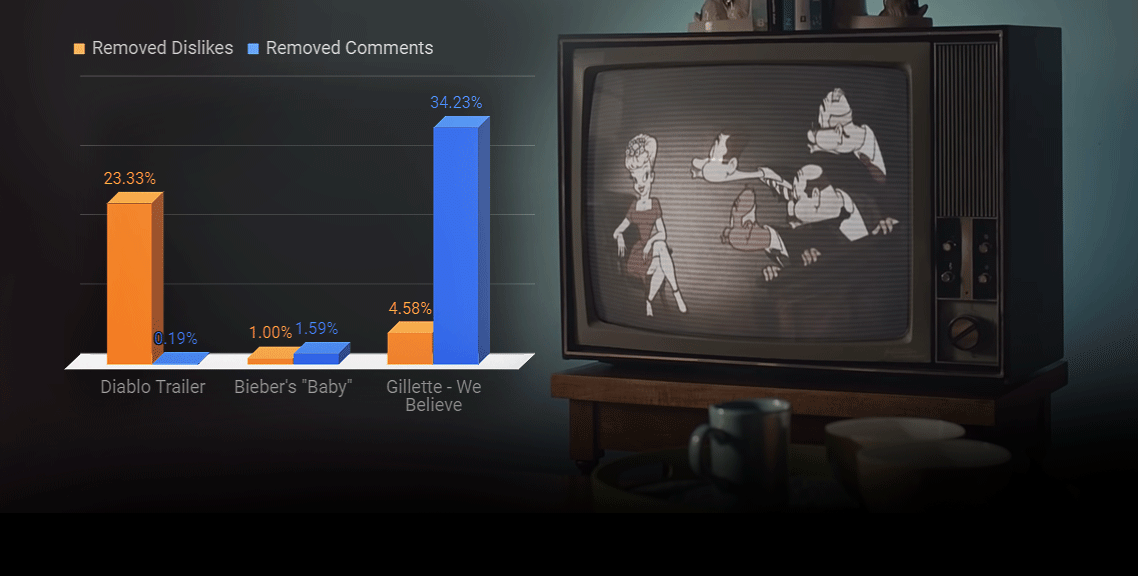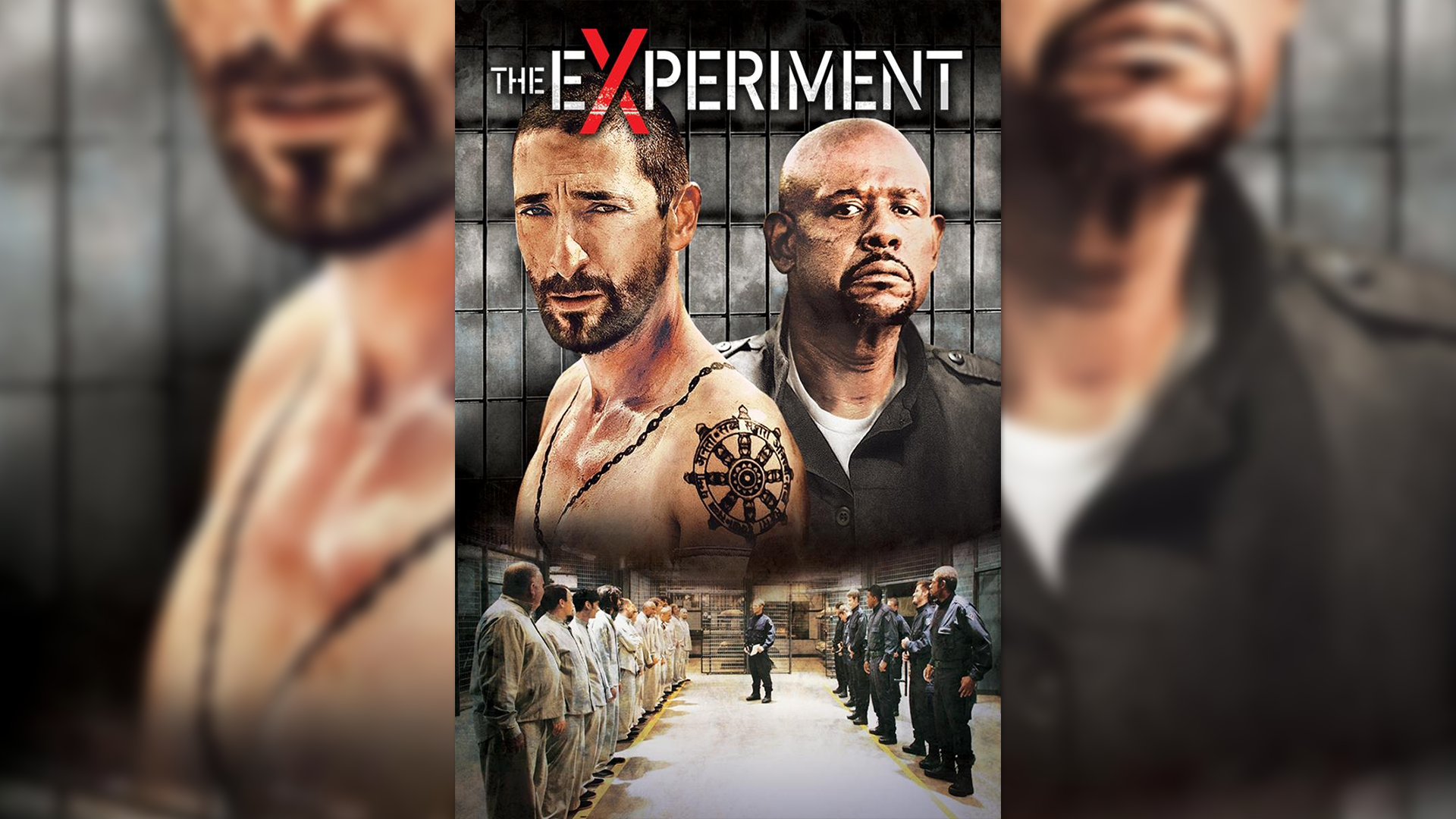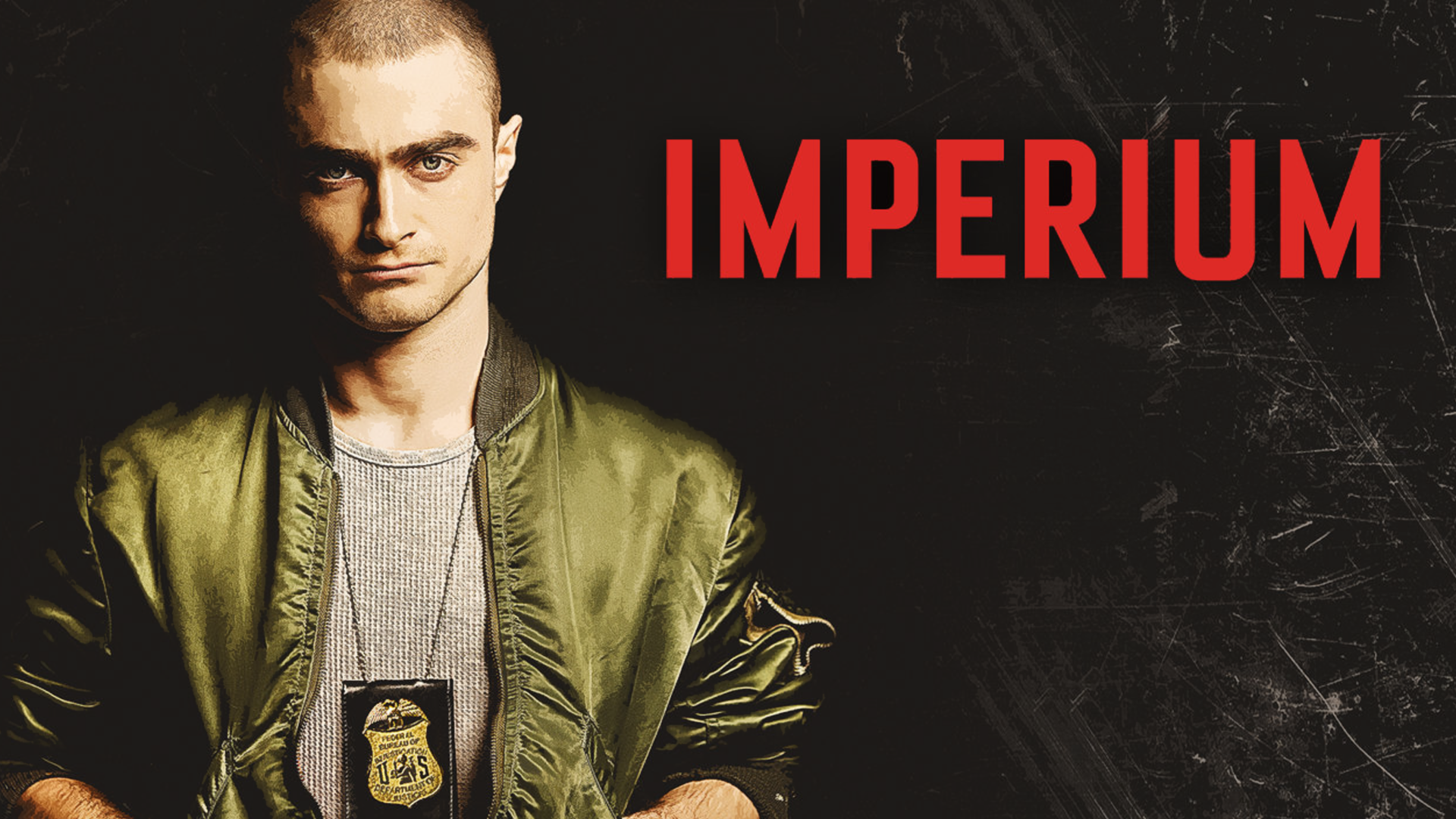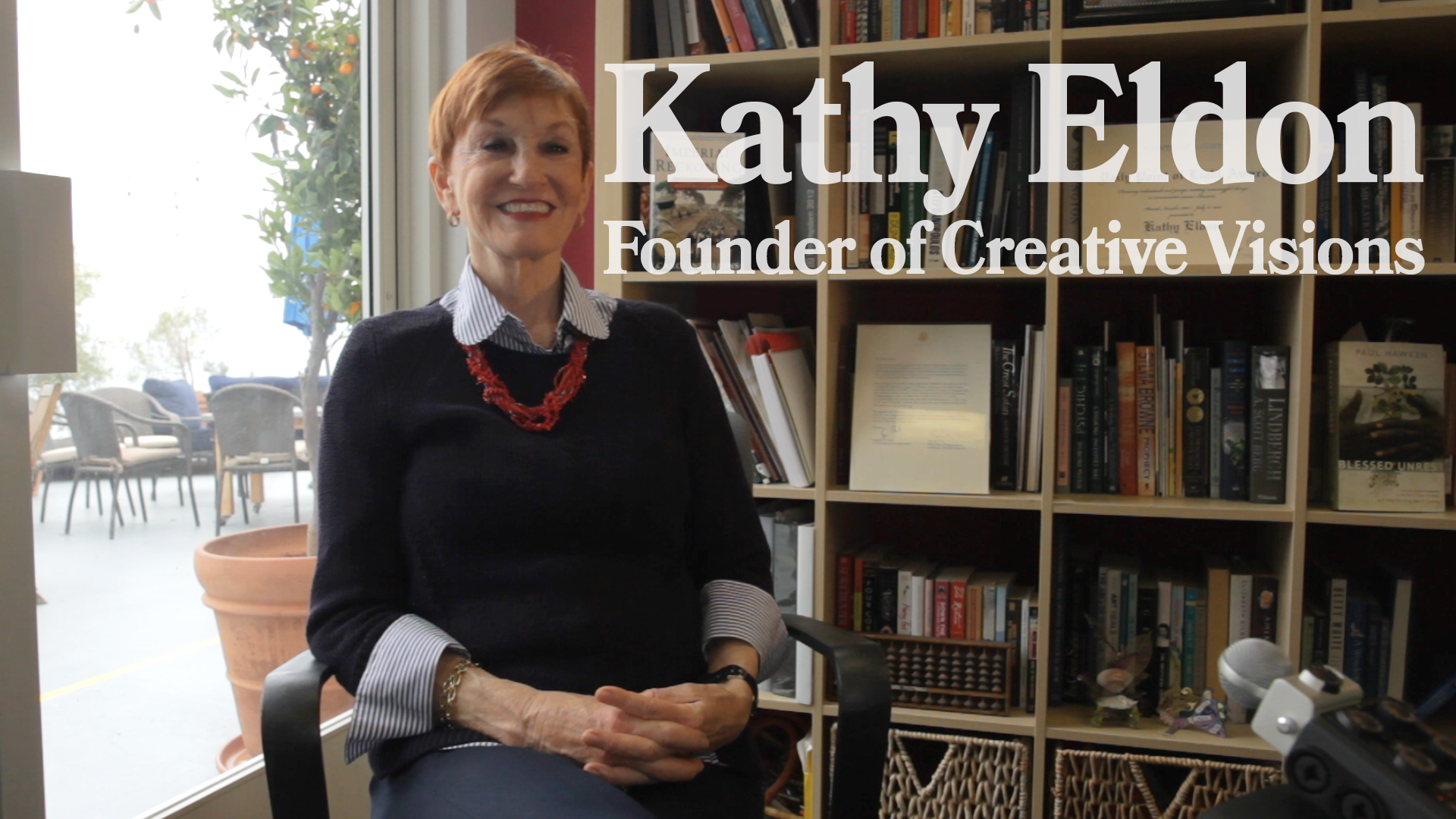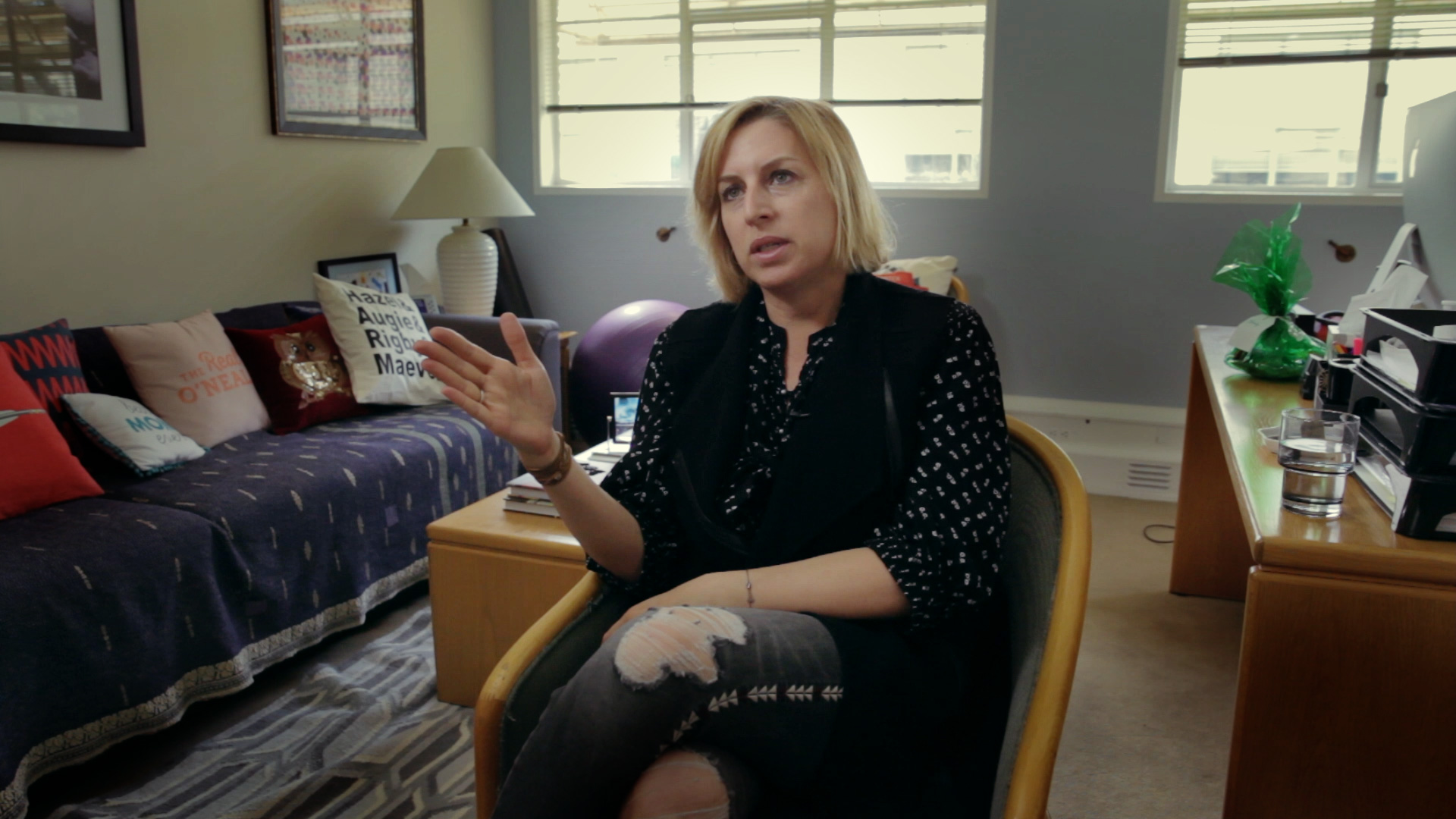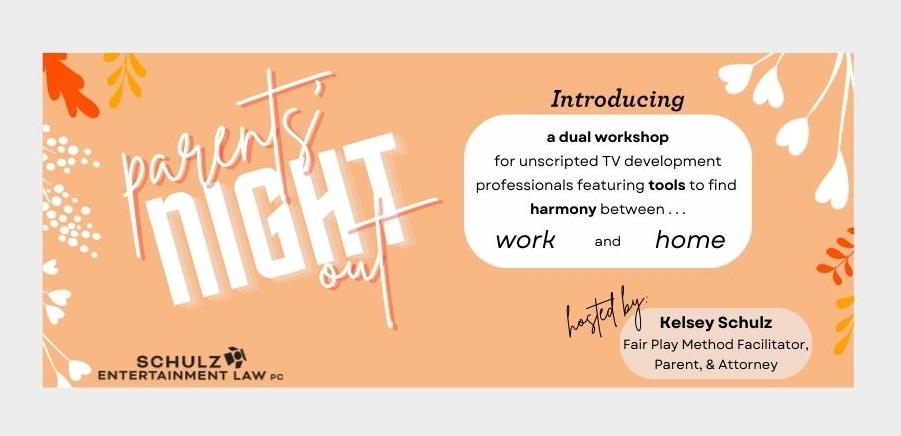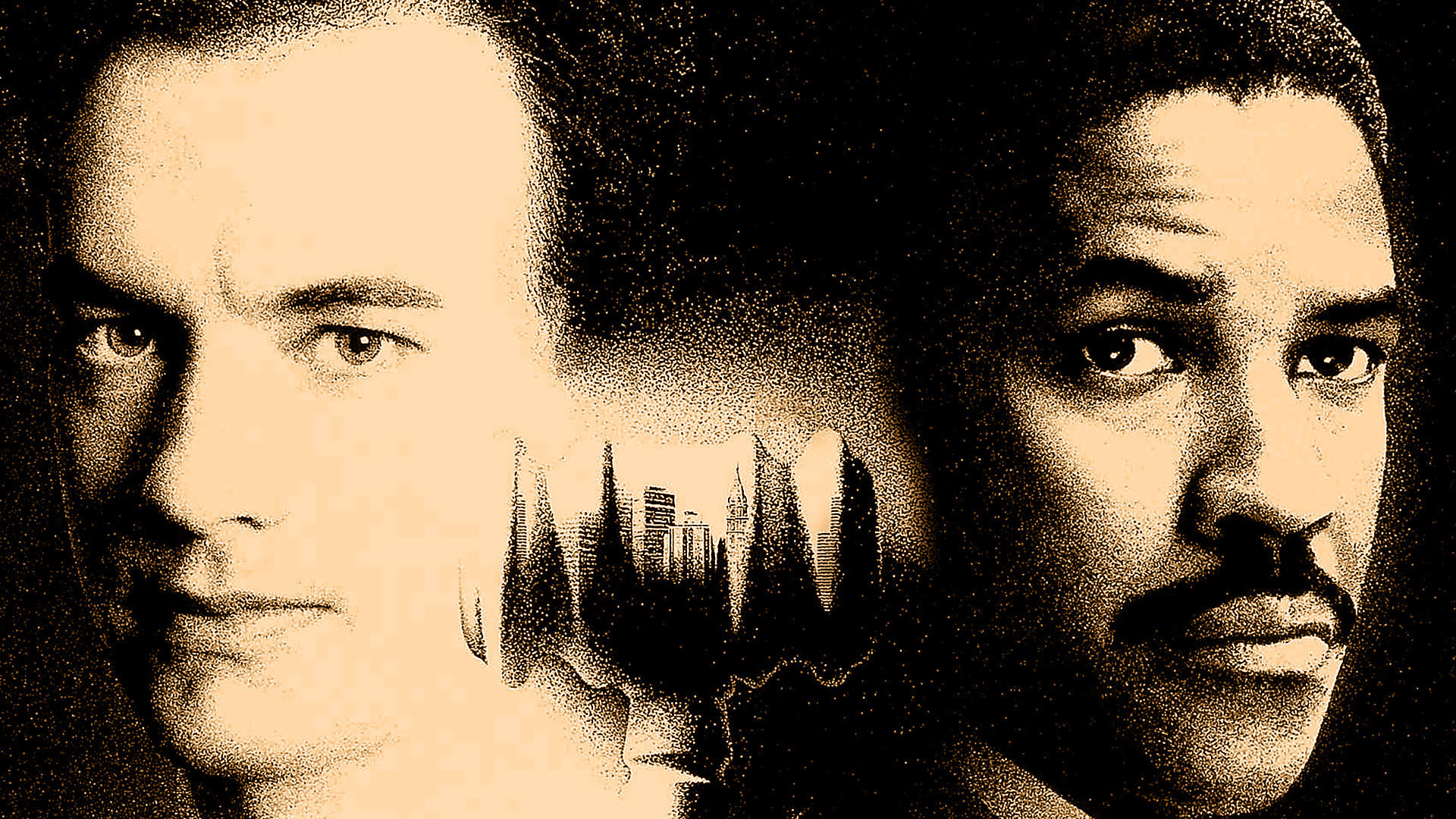Sitting in silence on my bed, I was in awe of the rippling of my belly as my sweet baby performed somersaults inside. Yet I was also on the brink of tears.
I had endured intensive fertility treatments, including IVF, followed by seventeen weeks of nausea. My husband and I had just returned from touring the first of four daycares. We also had a long list of pediatricians to interview and birthing classes to explore.
Add to that a social media feed filled with parenting advice and baby products around what type of bottle was best, why (and which) sensory toys are must-haves, the many types of baby formulas, and why to use water-based diaper wipes, and I felt paralyzed by indecision.
Thinking about all these new responsibilities felt overwhelming. I questioned how I would juggle being a parent with the demands of managing the legal affairs for multiple production companies. But there was a gentle reminder inside of me doing somersaults: this child was my priority. I vowed that I would not miss my kids’ lives.
That was when my husband entered the room holding a pink book—Eve Rodsky’s “Fair Play”. Having recently been gifted to him by the author, he had devoured the book and wanted my take. It felt like an act of divine timing.
“Fair Play” is designed to help households navigate what I was facing – to show up for my family, my work, and myself in a world where that often feels impossible. It introduces a philosophy for equitably distributing domestic responsibilities.
In traditional households, ingrained defaults can lead to an imbalance of “invisible labor” and “mental load”, resulting in burnout and resentment. This is especially true for parents working in the fast-paced, ever-changing entertainment industry, where long hours, shifting and demanding schedules, and constant pressure take their toll on relationships.
For my husband and me, the concepts in “Fair Play” fostered open communication and accountability, creating a harmonious home that supported our aspirations as we welcomed our son. When our second child arrived, we implemented the Fair Play card game regularly, defining our roles and dividing household tasks. This system allowed us both to thrive at home and in our careers.
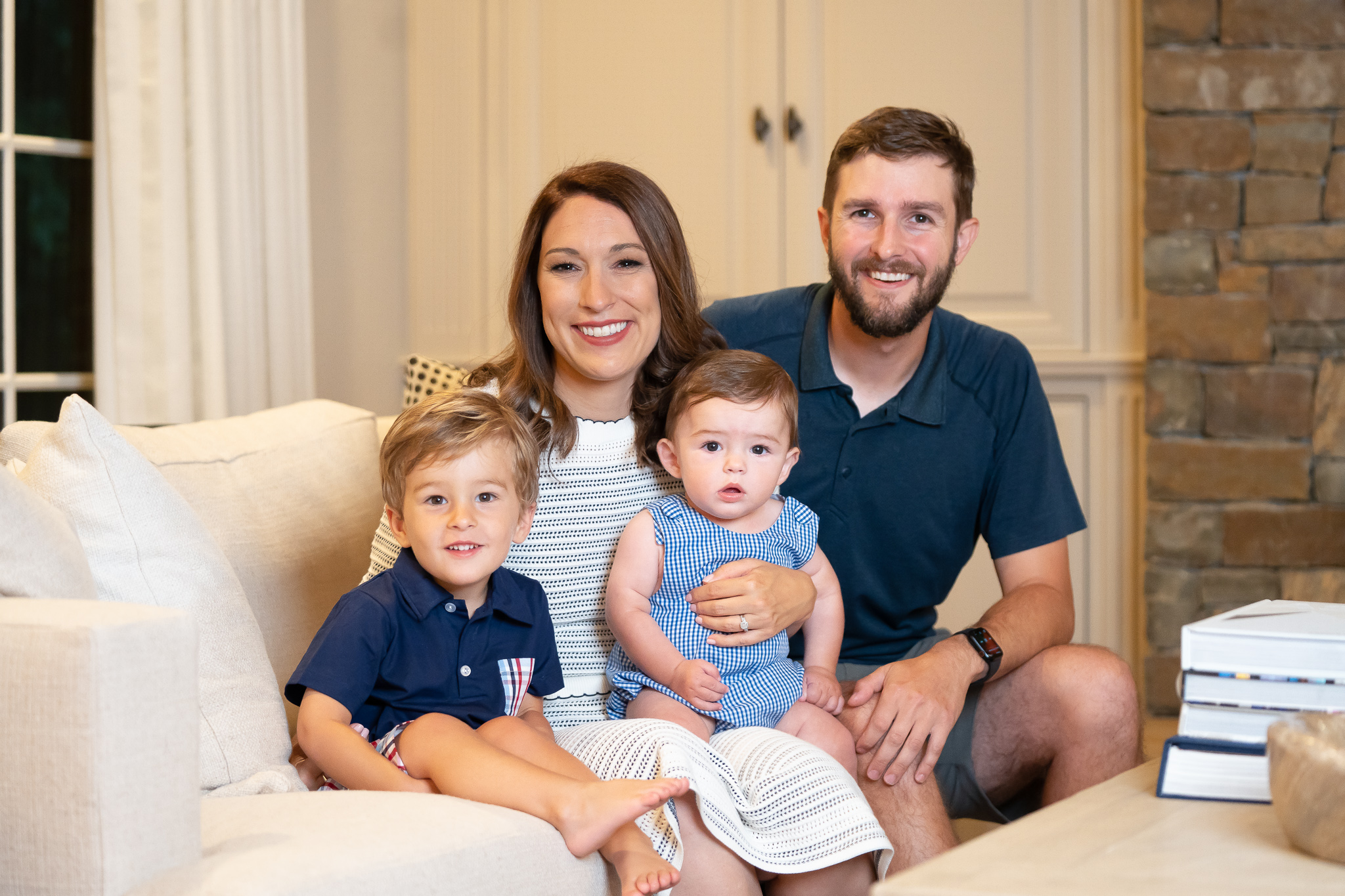
Recognizing the profound impact “Fair Play” had on my family, I’m compelled to share this approach with those in my law firm and the broader entertainment industry. The truth is, life and work are inextricably intertwined; when we struggle at home, it becomes nearly impossible to fulfill our potential at work. That is especially the case within the high-pressure world of entertainment.
By promoting the Fair Play Method among colleagues and industry peers, I hope to foster a culture where equitable partnerships are the norm, not the exception. When everyone feels supported at home, they bring their best selves to work. And that means more innovative, creative and impactful storytelling within our industry.
On November 13th, I am hosting a unique Parents’ Night Out workshop designed specifically for parents in unscripted TV development. This event will address legal issues in TV development alongside a workshop on the Fair Play Method. Attendees will walk away equipped with tools to protect their work projects and strategies to strengthen their relationships and home lives.
By sharing our stories and advocating for change, we can pave the way for a new standard that values both personal and professional fulfillment.
For more details and to signup: parentsnightoutworkshops.eventbrite.com


